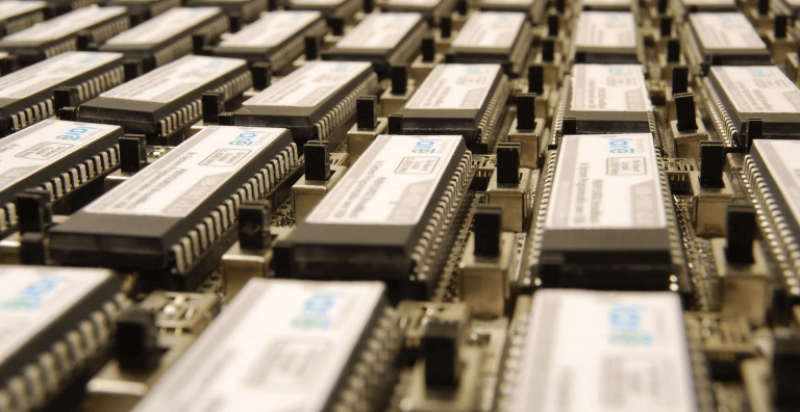Hello, Guys this is Fazal Mahfooz again. Wassup?
Hope you all are doing fine. And you liked my last article. This article is about basics of Micro-Controllers.
There are actually a lot of architectures depending upon different features. Well, we will be discussing some families of microcontrollers like 8051, AVR, PIC, and ARM.
Hope you all are doing fine. And you liked my last article. This article is about basics of Micro-Controllers.
There are actually a lot of architectures depending upon different features. Well, we will be discussing some families of microcontrollers like 8051, AVR, PIC, and ARM.
Above mentioned controller family are actually architectures which mean register organization, memory organization etc are same.(don’t panic if you are new to this field I will be telling you about what they actually are). So fellas, we will be talking a lot of technical stuff from now on. I will be teaching you from AVR controllers coz that’s the best thing for learning. I have worked with all 4 controllers, to be frank, AVR is the best for the student.
Well, one question will be coming to your mind whats the full form of AVR? Well, be patience. Will tell you all.
This architecture was introduced by Atmel corporation and according to ATMEL it hadn’t given any official full form but in most of the sites and book, you will be finding its full form as Advanced Virtual RISC.RISC’s full form is Reduced Instruction Set Computing( will be discussing this in my next article).
Well, one question will be coming to your mind whats the full form of AVR? Well, be patience. Will tell you all.
This architecture was introduced by Atmel corporation and according to ATMEL it hadn’t given any official full form but in most of the sites and book, you will be finding its full form as Advanced Virtual RISC.RISC’s full form is Reduced Instruction Set Computing( will be discussing this in my next article).
So what’s the great thing about this controller family? Well, it’s very registered accessing and instructions are very easy. Registers are actually kind of memory for our microcontrollers for storing some important data in the form of zero’s and one’s.
My first series of microcontrollers will be based on AVR Controllers. In AVR only we have 3 subdivision of family as Tiny AVR, Mega AVR, and Xmega Avr. This three subdivision is based on a number of IO pins and flash memory.
Your question will be that what is are IO pins? And what is this Flash?
Your question will be that what is are IO pins? And what is this Flash?
Well before telling you anything I want to ask one thing from you we all are a system Yes or No?
Obviously Yes.
Obviously Yes.
In every system, we have four things which are required
1-Input
2-Output
3-Microcontroller/processors
4-Power supply
1-Input
2-Output
3-Microcontroller/processors
4-Power supply
Well, i am taking my own example right now I am a system I get my inputs from my sensors like eyes ear that I have to write this article. After that my MCU i.e. my brain does all sort of programming in me that I how I have to write and teach. Then comes my output devices that are my hands which are currently acting as my output device. And food air water which I take is my power supply :p.
So if we talk about our controllers it has got General Purpose input-output pins as well as special purpose as having told you in my last article. For our controllers LED, LCD, Motors, Seven Segment, LED matrix etc act as an output device as our controller will be providing then with voltages. And things like sensors, touch pad, keyboard, keypad etc will act as an input. They will be providing the potential to our controller to initiate any process.
So guys that’s all for today will be back soon hoping you like my article do comment on this if you have any kind of doubts.
In the next article, i will be giving you briefly about what are registers and its functionality.
Thank you
In the next article, i will be giving you briefly about what are registers and its functionality.
Thank you
Stay tuned with WEXT.in Community for more Intresting Blogs.





Very nice understanding thank you for understanding chips and electrical.
Thanks